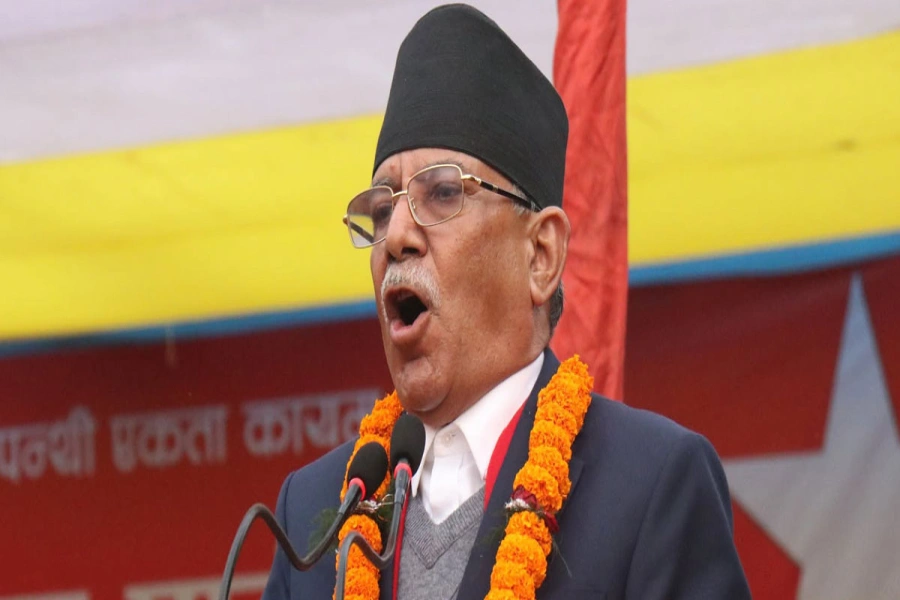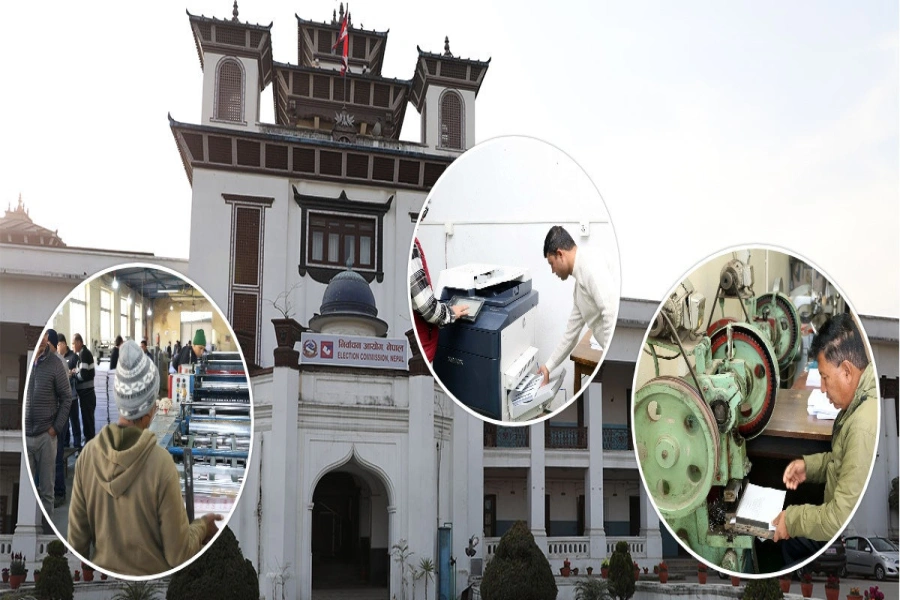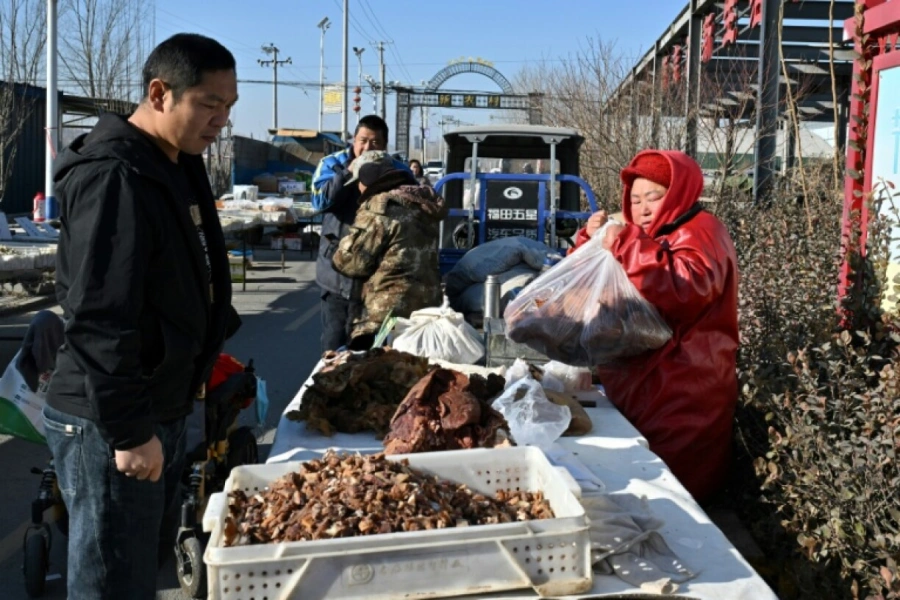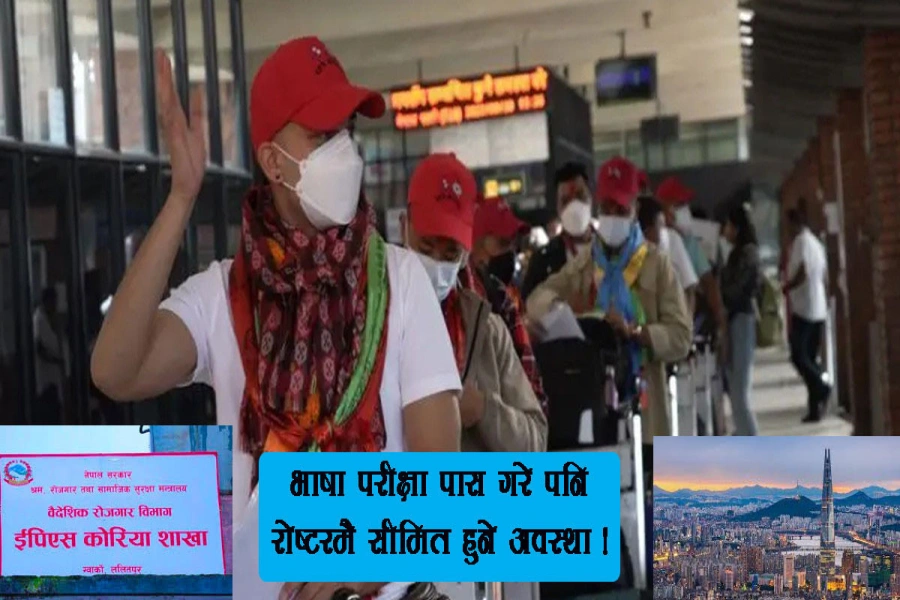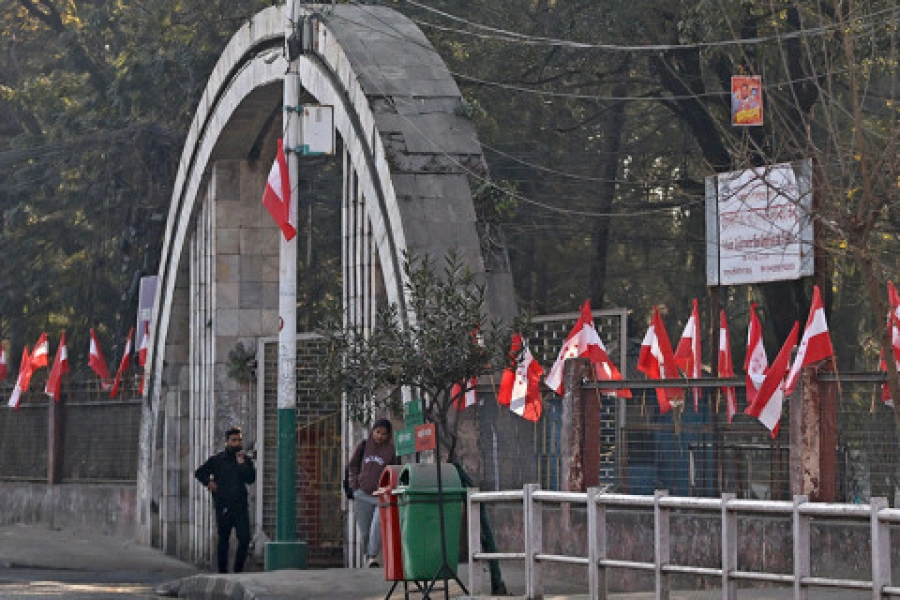China is Nepal’s inseparable and close ally. Nepal should maintain a special relationship with such a large and prosperous neighboring country. Just as the Nepali people along the southern border share a people-to-people connection with India, the residents along the northern border share a bond with China.
Nepal has ancient and historical ties with China. There are various religious, social, and spiritual connections, including the revered Manasarovar and Kailash. Manasarovar and Kailash are unique and unparalleled in their importance. Kailash is the home of Mahadev, the supreme deity in Hinduism. For Buddhists, Jains, Shaivites, and yogis, Kailash is what Mecca and Medina are for Muslims. However, it appears that the Chinese government has not paid much attention to maintaining the dignity of Kailash, which is circled by Tibetan locals who prostrate themselves on the ground, taking three steps forward, bowing, and continuing like this for nearly a month.
I am writing this article based on my firsthand experiences during a pilgrimage to Manasarovar and Kailash, which is quite expensive for the average Nepali. I am not an influential person, nor am I in a position to advise the Chinese government; however, as a responsible pilgrim, I humbly request the Chinese government to consider the following points to elevate the status of Manasarovar and Kailash.
First, do not be stingy in providing necessary information. As a communist country, and due to the presence of the Dalai Lama, China has its internal policies to control information in Tibet. However, it is essential to provide necessary information to pilgrims visiting the sacred land of Manasarovar and Kailash.
The region is vast and extremely remote. Information such as the route to take, the locations of places, distances, altitudes, accommodations, dining facilities, emergency rescue arrangements, safety measures, and reporting of crimes like theft or fraud should be made available, preferably in English. Without sufficient information, the journey feels like traveling in the dark.
Nepal, China decide to elevate bilateral ties to strategic part...

Second, manage the entry gate to Manasarovar and control the unfair ‘vehicle syndicate’. The journey to Manasarovar is long and challenging. While the routes look attractive and well-maintained, the main entry gate to Manasarovar has issues with vehicles getting stuck in mud and sand. There is no shelter in case of rain, nor places to have tea, snacks, or rest.
A bigger issue is that vehicles are not allowed entry into Manasarovar for the pilgrimage. Whether a pilgrim can take their vehicle inside depends on the whims of the gatekeepers, and bribes are reportedly needed. Such a 'local syndicate' was common in Nepal's Mustang area two decades ago, and now it is seen at Manasarovar.
Third, improve the condition of the Manasarovar circumambulation route. While Kailash is circled on foot, the tradition for Manasarovar involves circumambulation by vehicles, which takes around three hours. Unfortunately, the route is a dusty, rough, and uncomfortable dirt road, resembling Nepal's remote and undeveloped areas. It is disappointing to see the world's second-most prosperous nation leaving such an important pilgrimage route in poor condition. One wonders why China, a symbol of prosperity, has not upgraded this road to the standards of America, Europe, or Singapore.
Fourth, construct holy bathing ghats at Manasarovar. There are no designated holy bathing areas around Manasarovar. Due to the absence of proper facilities, pilgrims have to bathe in muddy spots near the shore, such as in the west-north area near the guest house. The mud is so thick that shoes get stuck, and bathing in the freezing water leaves one’s legs covered in mud. Facilities for warm and cold water would make bathing more accessible, and creating proper bathing ghats would be a minor challenge for prosperous China.
Fifth, address the lack of proper toilet facilities. The public toilets in Manasarovar are in an appalling state. They are communal, foul-smelling, have no proper doors or locks, and lack water. The sight is disheartening, and it would be unfortunate for even an enemy to experience such conditions. Unable to use the toilets, I, like many others, had to resort to open areas at night.
Sixth, build a temple or Shiva Lingam at Manasarovar. There are no temples or Shiva Lingams at Manasarovar and Kailash. This means that offerings and prayers brought from Nepal or other countries have no place to be dedicated and are instead scattered on the ground. Despite a long and spiritually significant journey, there is no designated place to express religious sentiments or bow before the divine.
Seventh, pay attention to pilgrims' health and safety. Manasarovar and the Kailash pilgrimage require traversing harsh terrain at high altitudes, with strong winds and extreme cold. Although tens of thousands of pilgrims visit Manasarovar and Kailash every year, there are no health camps or emergency medical facilities, not even private clinics or pharmacies. It seems that pilgrims' lives have been left to the care of Lord Shiva himself, as two of my fellow travelers lost their lives during the journey.
Eighth, ensure the pilgrims’ welfare, safety, and rescue. There is no proper infrastructure for the well-being and safety of pilgrims. There are no safe shelters along the way, no facilities to warm up or drink hot water, no oxygen camps in case of altitude sickness, and no government medical staff or equipment in sight. This suggests that China has not prioritized the dignity of Kailash.
Ninth, remove the restriction on helicopter access. Helicopters are the most efficient means of rescue in high-altitude areas, yet they are not allowed in the Kailash region. This restriction deserves reconsideration, as the Chinese helicopters used for security should not be considered a threat.
Tenth, security should be further strengthened along the route. CCTV cameras could be installed in necessary areas. The pilgrimage is often exploited by brokers, with pilgrims overcharged for services like horses, where the local owners receive only a fraction of the payment. Fixed rates in English would prevent such issues. Local police and immigration officers are often harsh towards pilgrims, and better facilities are needed.
Lastly, a nation itself may not follow a particular religion, and China may consider religion as "the opium." However, for the people, religion is important. It is the responsibility of a great and prosperous country like China to maintain the dignity of Kailash, a place revered by many Tibetans and others alike, who circle it with utmost reverence.
While the revenue from pilgrim royalties might be very little to a wealthy nation like China, the respect for Kailash, a sacred center for Hindus, Buddhists, Jains, and Shaivites worldwide, should not be compromised. Addressing the concerns outlined above by building infrastructure and arranging necessary management would demonstrate that China is not diminishing the sanctity of Manasarovar and Kailash, but rather upholding it. Otherwise, it might appear that the current state is left unchanged to portray the deprived status of the Tibetan people.
















